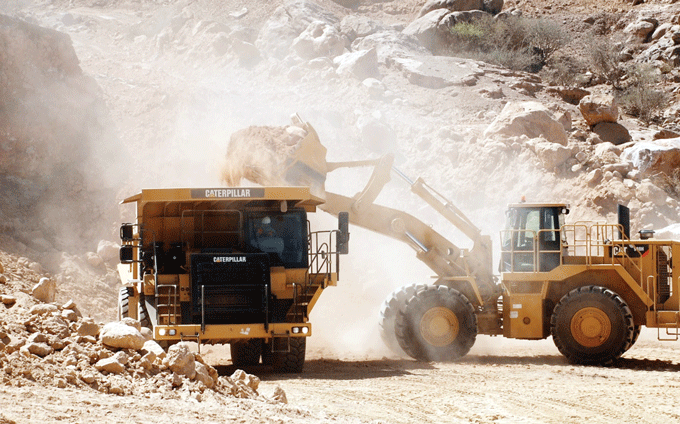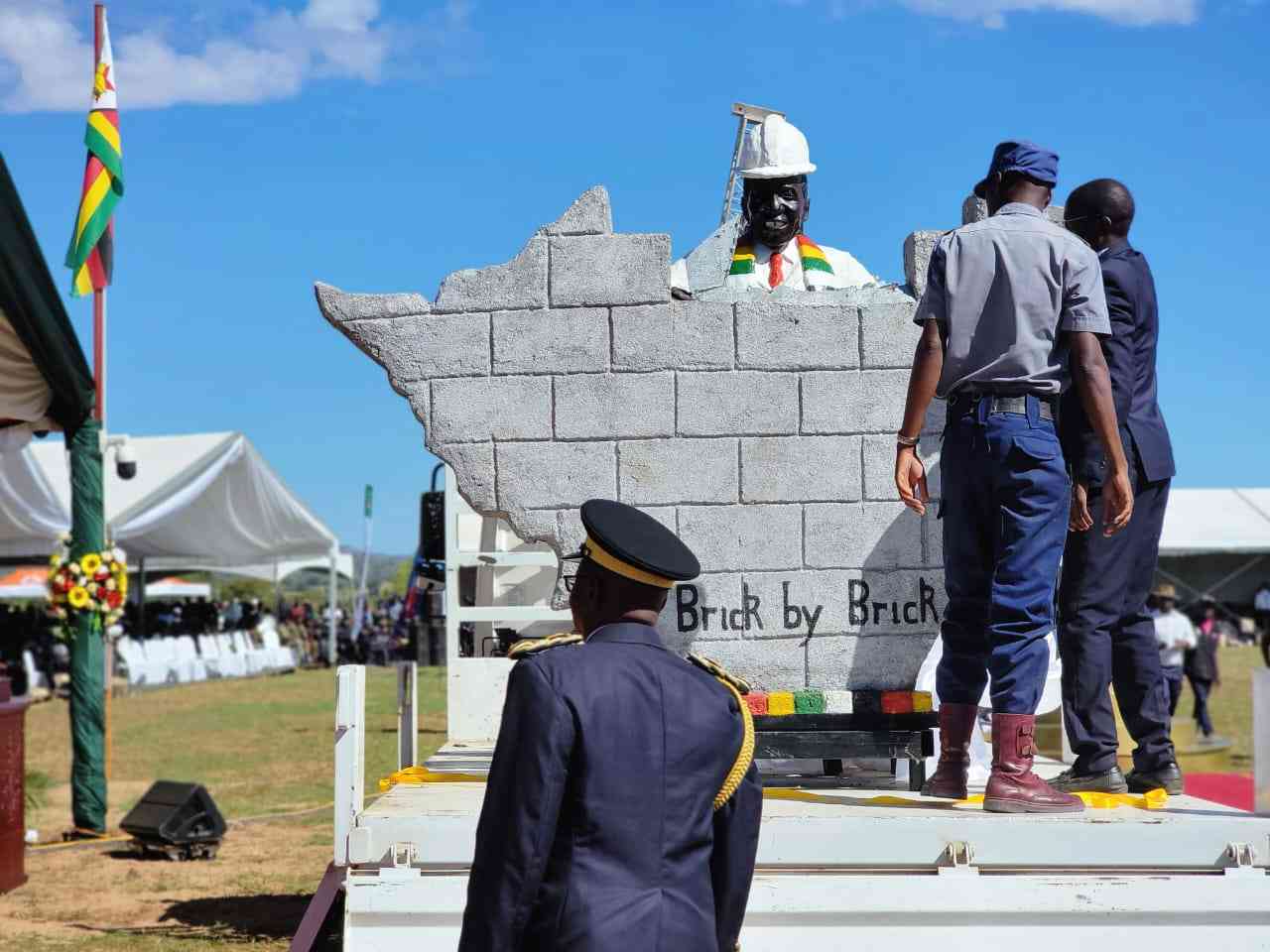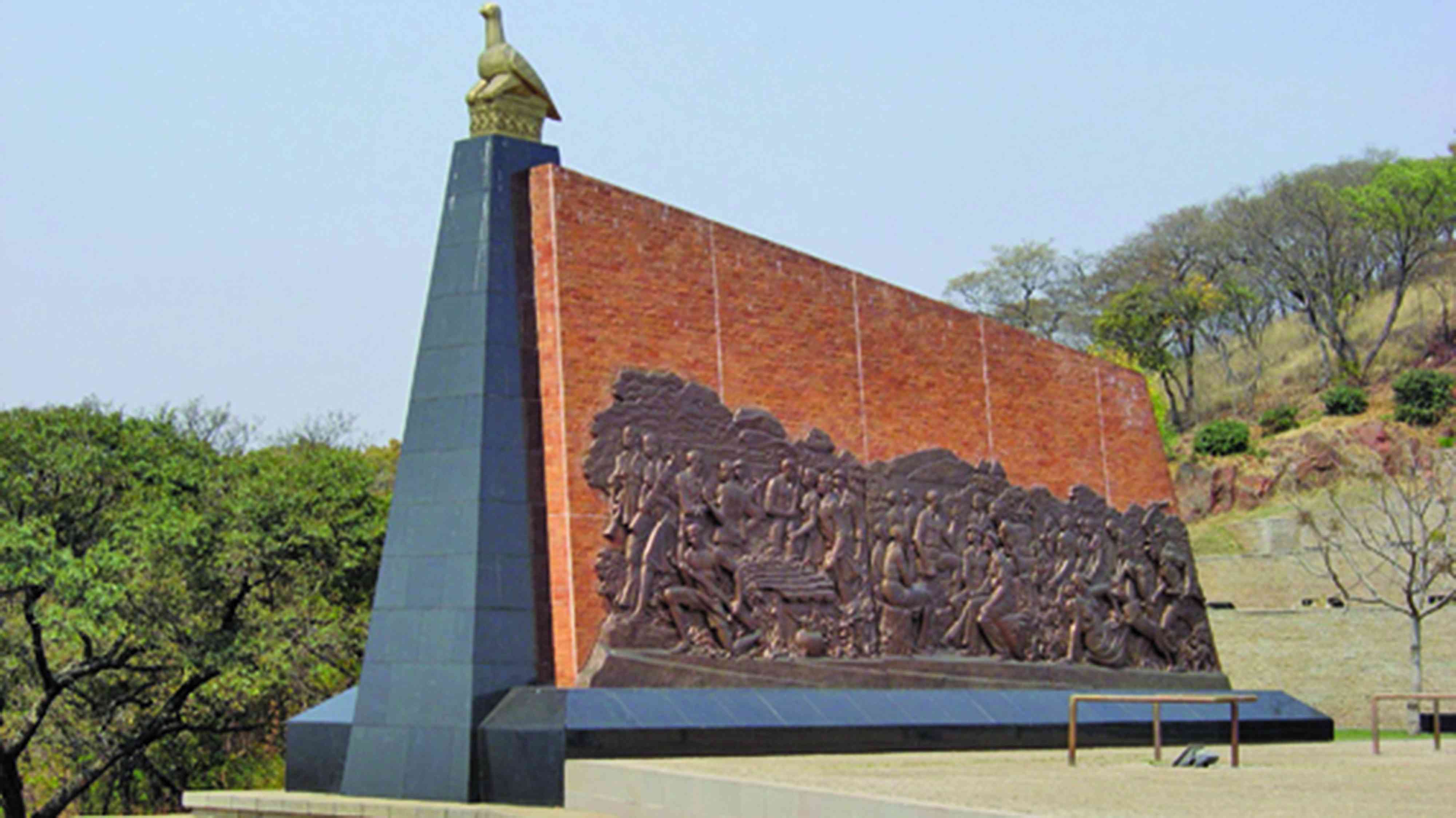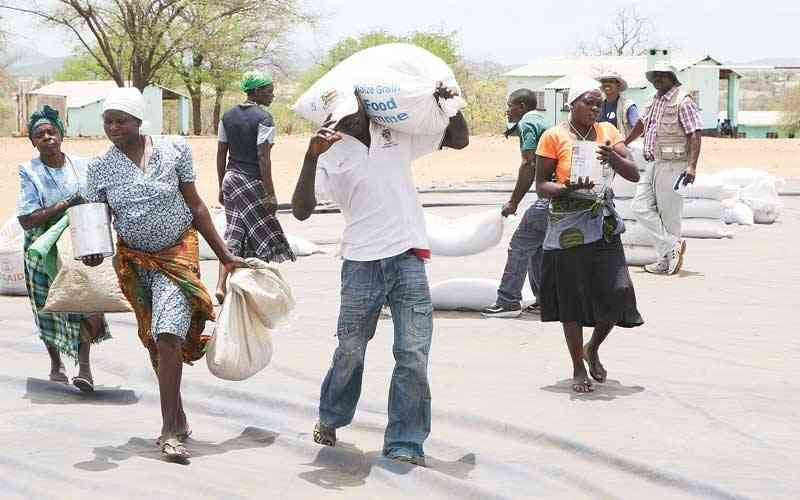
THAT Zimbabwe has been blessed with abundant natural resources which could transform its economic fortunes overnight is not debatable. These resources range from diamonds, gold, platinum group of metals, coal, chrome, human, wildlife and land, to name but a few.
Given that rich natural resource base, why are citizens in perpetual poverty? Over a decade ago, the southern African nation catapulted itself to the global map of leading diamond producers, but the resource could not transform the country into even a regional economic powerhouse. Instead, the diamonds turned out to be a national curse as the elite fattened their pockets from proceeds of the earth while villagers living in the vicinity of the gem fields and the nation at large sank into abject poverty.
For many years, mining companies have robbed mother earth of on-demand minerals, with the bulk spirited out of the country for personal enrichment by those connected to the centre of power. Currently, all attention is on the Muzarabani oil and gas project in Mashonaland Central province. The project is being spearheaded by Australian firm, Invictus Energy Limited. If well managed, the project could easily turn out to be the panacea to Zimbabwe’s energy crisis given that these two energy sources drive economic activity globally. Barring everything, Zimbabwe could soon be out of the economic woods. But given our leaders’ propensity for self-enrichment from resources meant to benefit the nation, Muzarabani oil and gas reserves could easily become another national curse.
It is our hope, therefore, that this time around we will get our act together and ensure the nation benefits ahead of individuals.
The rate at which the investor keeps rushing to the international market for capital makes the Muzarabani project appear iffy.
Since the signing of the deal in 2018, Invictus appears to be struggling to get the project off the ground. But, this shouldn’t be shocking as when the government signed the deal, the company only had an asset base of less than US$10 million, whereas high-profile projects of this nature require huge capital investments.
Invictus’s lack of preparedness for the deal first manifested in May 2020 when the firm announced a 25% cut to its board and management annual fees and remuneration in light of global market and oil uncertainty over the coronavirus. What this proved is that Invictus was inadequately capitalised, yet, President Emmerson Mnangagwa’s administration turned a blind eye to those tell-tell signs. Invictus is struggling so badly that it has announced participation in two capital raising exercises. The first was in 2019 when the firm raised US$1,5 million from new and existing investors. The second was held early last year where Invictus successfully raised US$6,2 million via a share placement to new and existing institutional and sophisticated investors.
The most obvious sign of Invictus’s struggles, however, was the recent announcement that in exchange for funding 33,33% of the costs for the Muzarabani project, the firm would give a 25% stake to British-based African oil and gas exploration firm, Cluff Energy Africa.
- Chamisa under fire over US$120K donation
- Mavhunga puts DeMbare into Chibuku quarterfinals
- Pension funds bet on Cabora Bassa oilfields
- Councils defy govt fire tender directive
Keep Reading
Given these financial inadequacies, why did the government rush to seal the deal? Is this not a murky deal? Time will tell. We hope this is not going to be another feeding trough for the elite.
The nation still has vivid memories of the US$5,2 billion deal that government signed with South African company — Nkosikhona Holdings — that would have seen Zimbabwe produce over eight million litres of liquid fuels per day from coal in Lisulu, Hwange.
It later turned out that Nkosikhona Holdings was nothing but a shelf company, and like Invictus, had very few assets to prove that it could handle such a multi-million-dollar project. Without sounding alarmist, we call on authorities to conduct due diligence on foreign investors so that the nation does not feel hard done when deals collapse before benefiting the economy. Food for thought.











